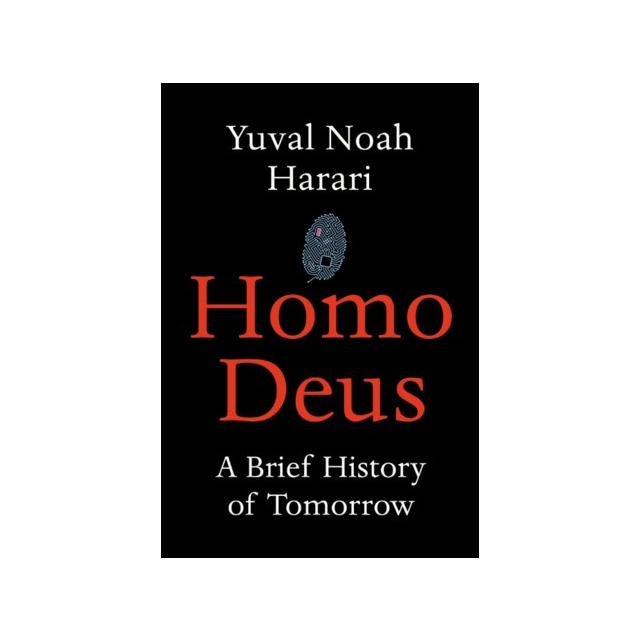Diving into “Homo Deus” by Yuval Noah Harari feels a bit like opening a door to a room you thought you knew, only to find it’s much larger and more complex than you ever imagined. Have you ever wondered why your lifelong friends suddenly change and into stuff that they never care about? or felt that your social media friends or even your phone know you better than those around you? It’s a journey that doesn’t spell out the answers but rather nudges you to ponder deeply about what it means to be human in an age teeming with technology.
Want to read this book? click here. You can have the audiobook for free with an Audible trial!
Reading Harari’s Homo Deus may give light into these questions. The book won’t provide a blatant answer for all of the life questions, but it certainly will make you think on the philosophical level. I used to think about consciousness, I know I am conscious and alive, but do another person know they are conscious? Humans currently are at the top of the species ladder because we are conscious. However, according to Harari, our top position is threatened by non-conscious being – computers, algorithm, and AI.
With current trends in technologies, Harari offers several potential ways of how the future may unfold. By looking into the macro history of humans, and with the 4th industrial revolutions coming, Harari’s view of the future may become a reality soon. Like most people on this planet, I tend to rely more and more on Google Map, letting the application make the route decision for me. Harari said that this tendency will get bigger, humans in the future are dependent on decisions made by machines. I know I cannot live without technology, whenever my phone’s notification set off, I only resist for 2 seconds before reading it. Is this healthy? When I drive, should I pay more to street signs and ask people on the street, rather than blindly follow Google Map?
This book reminds me of a movie called Transcendence back in 2014. In the movie, Johnny Depp wants to connect the whole world into one giant network, not just computers but everything on earth (including water, trees, and humans). Depp’s motivation is positive, to make a better living for humans and animals. Similar to the current situation, technologies were invented for humans’ better future. But hey, the road to hell is paved with good intentions, right?
Harari predicts that humans will worship data in the future. Dataism is a new religion. This idea is not too farfetched, since big data is now a culture, only a matter of time until data is our new ‘God’. On the other hand, we love to be connected and contribute to society. We write, share, and we publish contents to provide knowledge to others. It’s a reflection of our desire to connect, share, and contribute, turning the act of content creation into a form of worship.
Lastly, since Harari took the macro perspectives, an ordinary reader like me would feel that I don’t have much choice other than adopting the new change. After reading this book, will I stop using Google Map or stop writing for this blog? I don’t think so, not in the near future. But I will certainly pay more attention to my screen time and will ask a friend for a recommendation rather than Siri or Google.
“Homo Deus” isn’t just a book, it’s a mirror reflecting our complex relationship with technology, a prompt to reassess our place in a future where data might reign supreme. It’s a must-read, not for the answers it offers, but for the questions it inspires in us about the essence of our humanity and the path we’re on. It’s about understanding that while we navigate this world of algorithms and AI, the essence of being human, with all its flaws and wonders, remains our most profound truth.
Score: 5 out of 5.
Author: Mia
A writer and researcher who also a tech-addict and internet-junkie. Loves quirky stuff.

